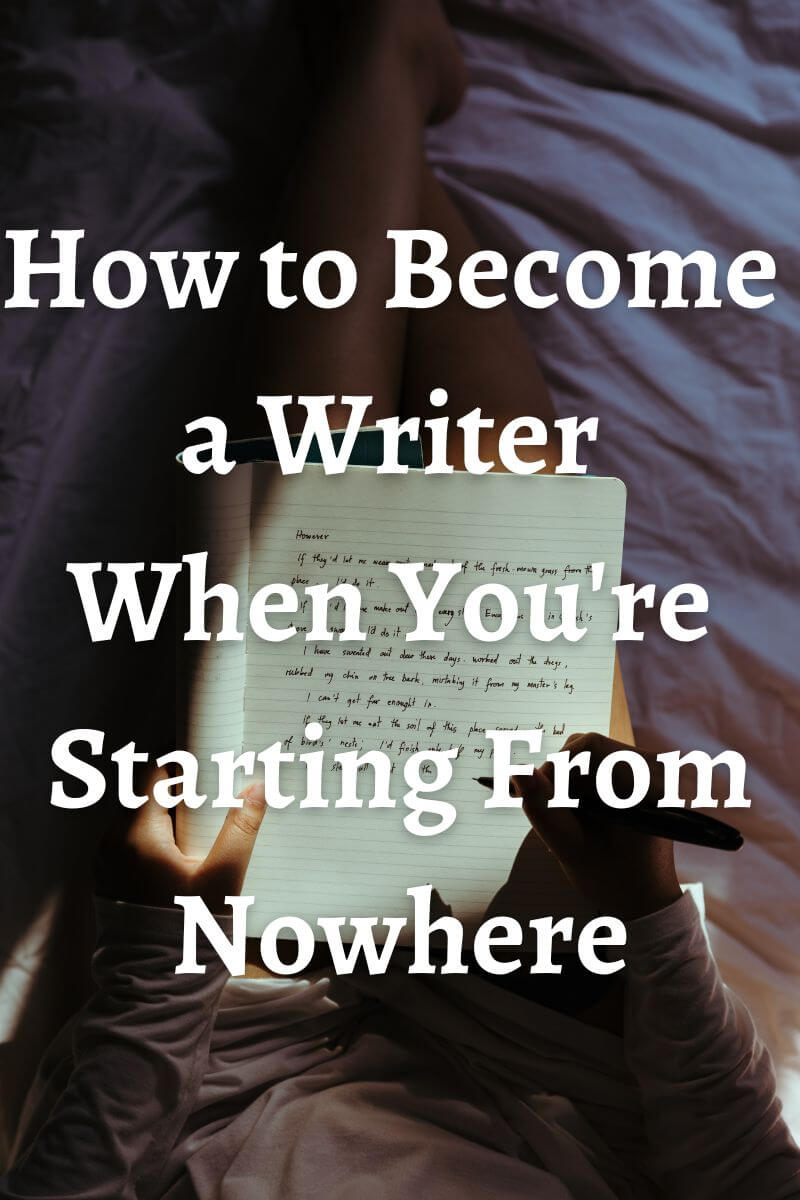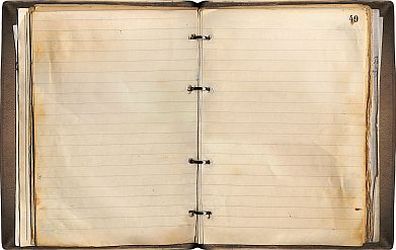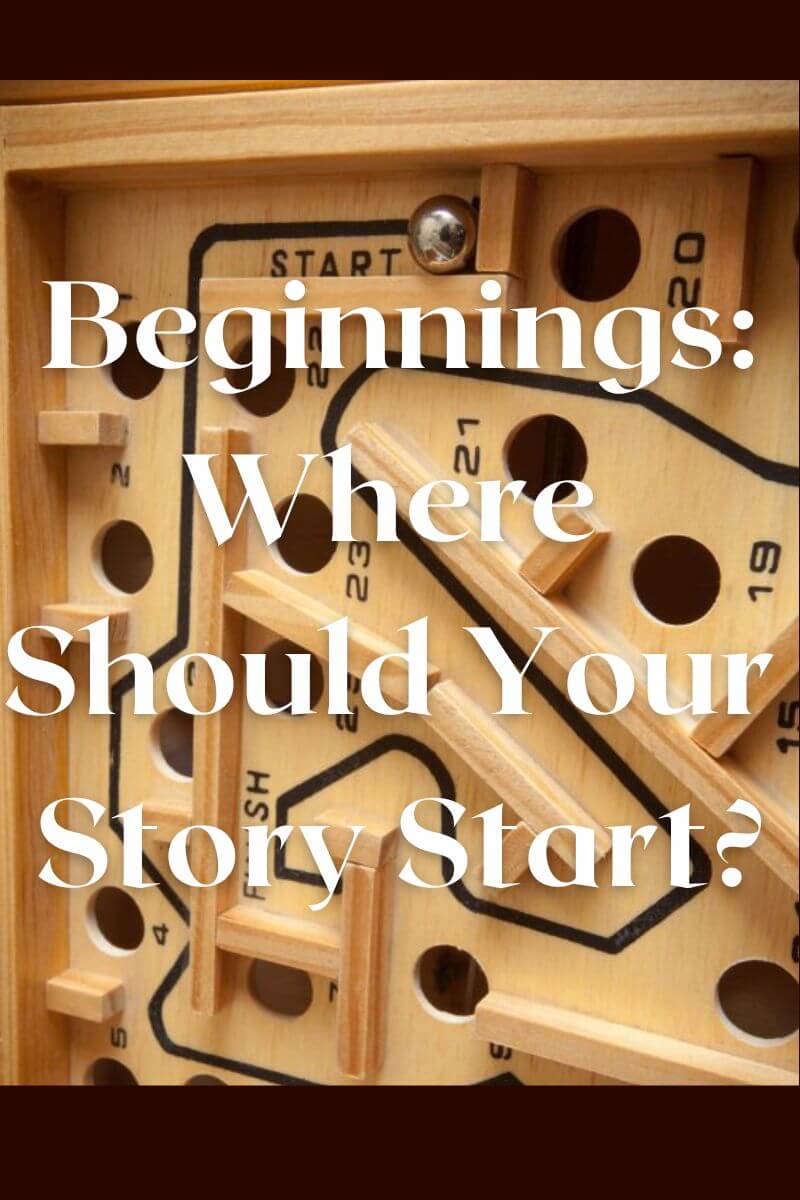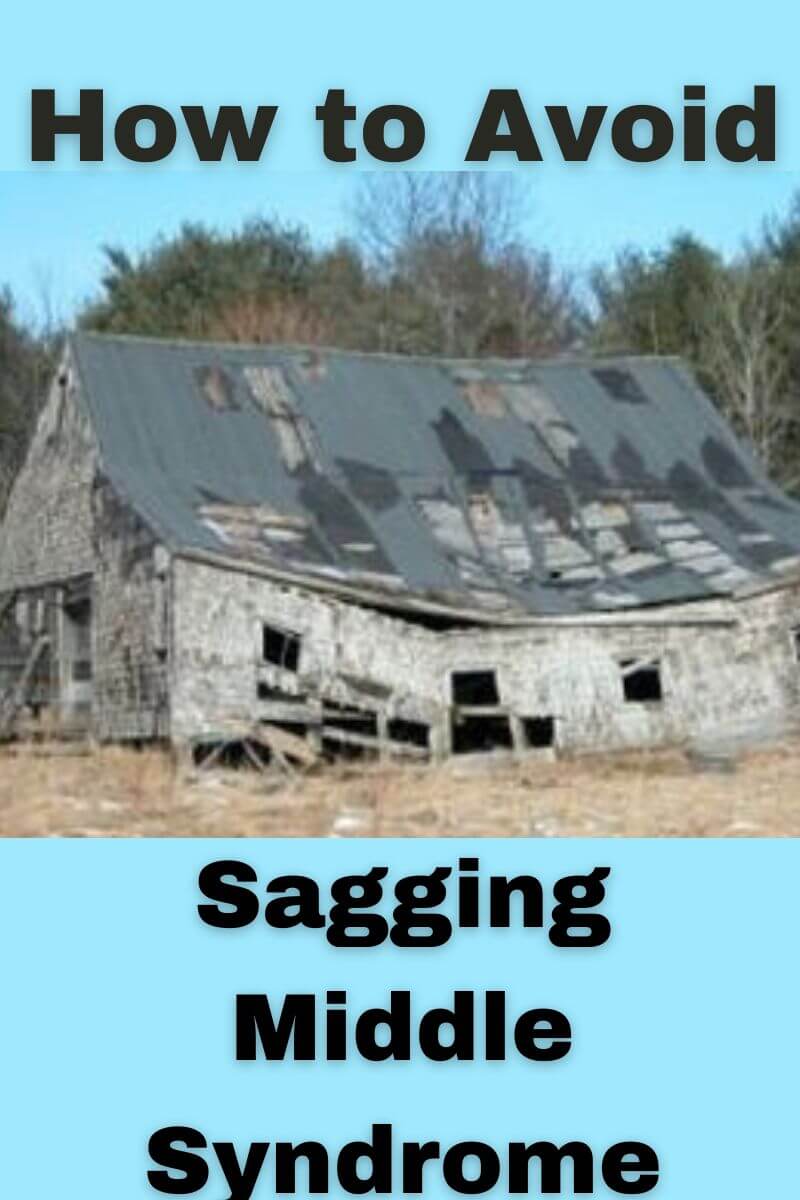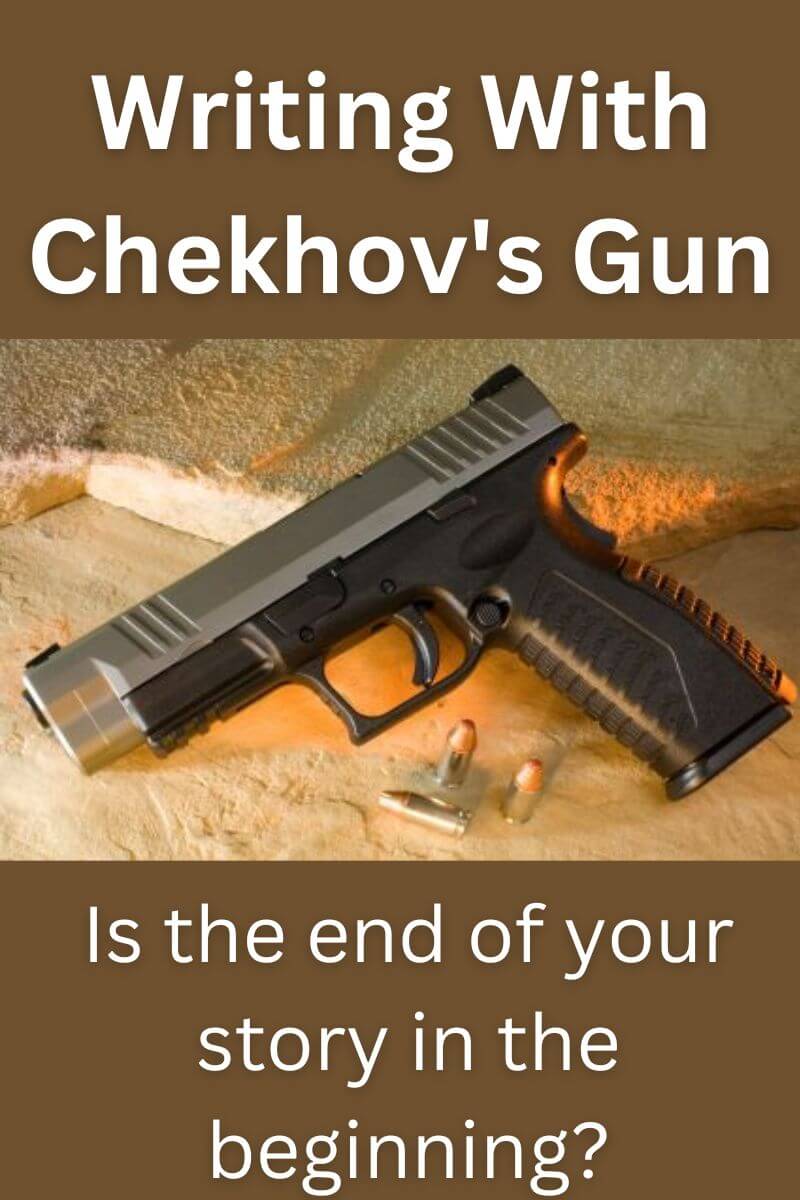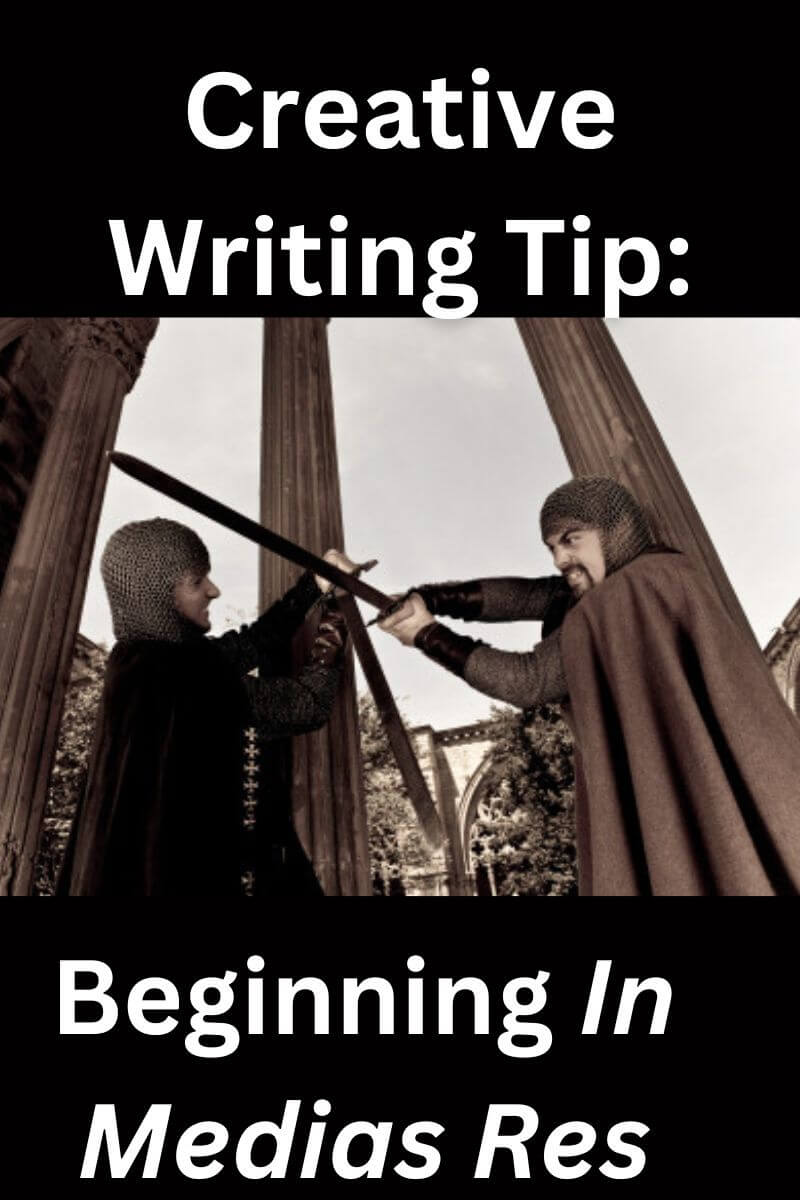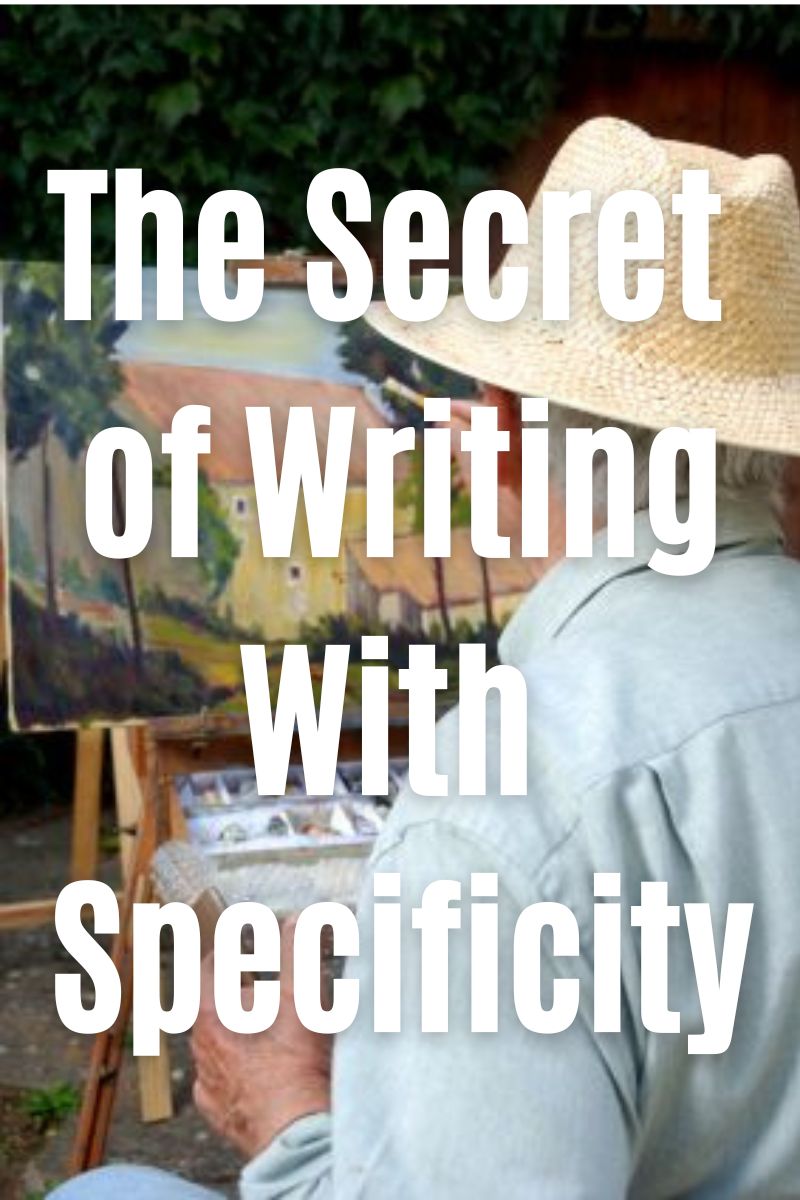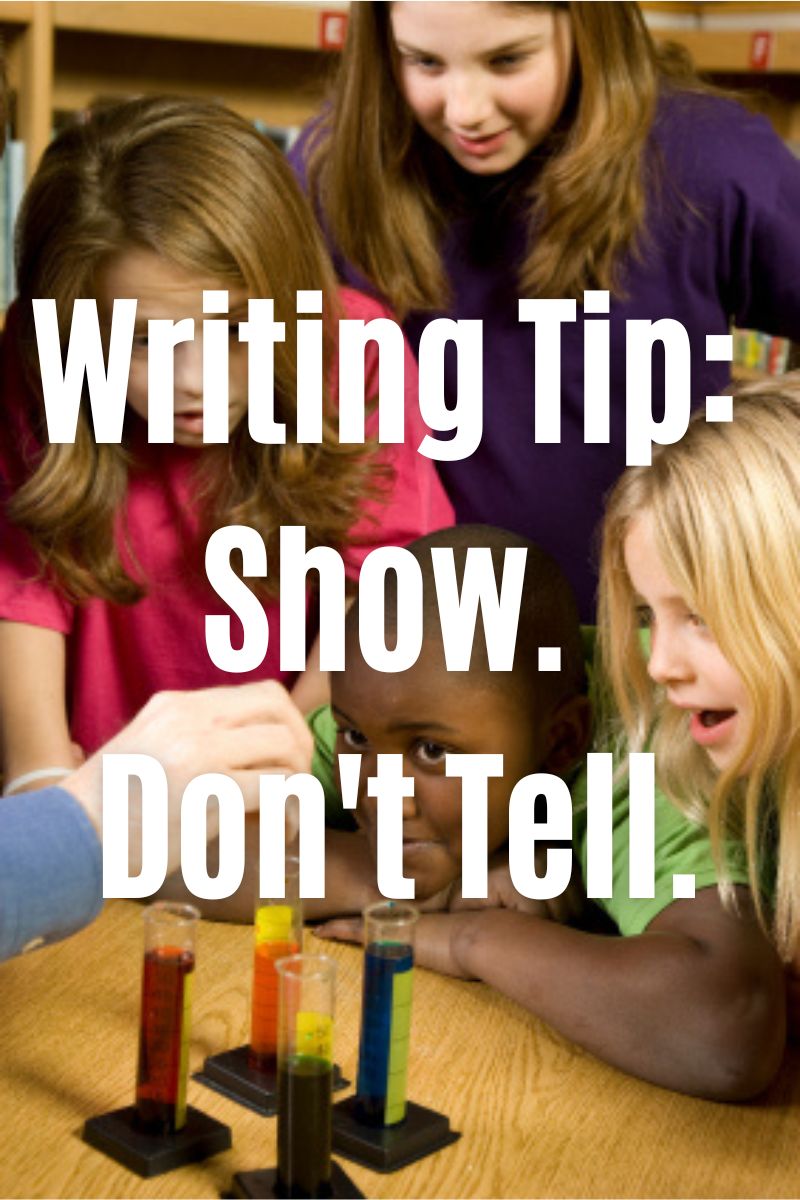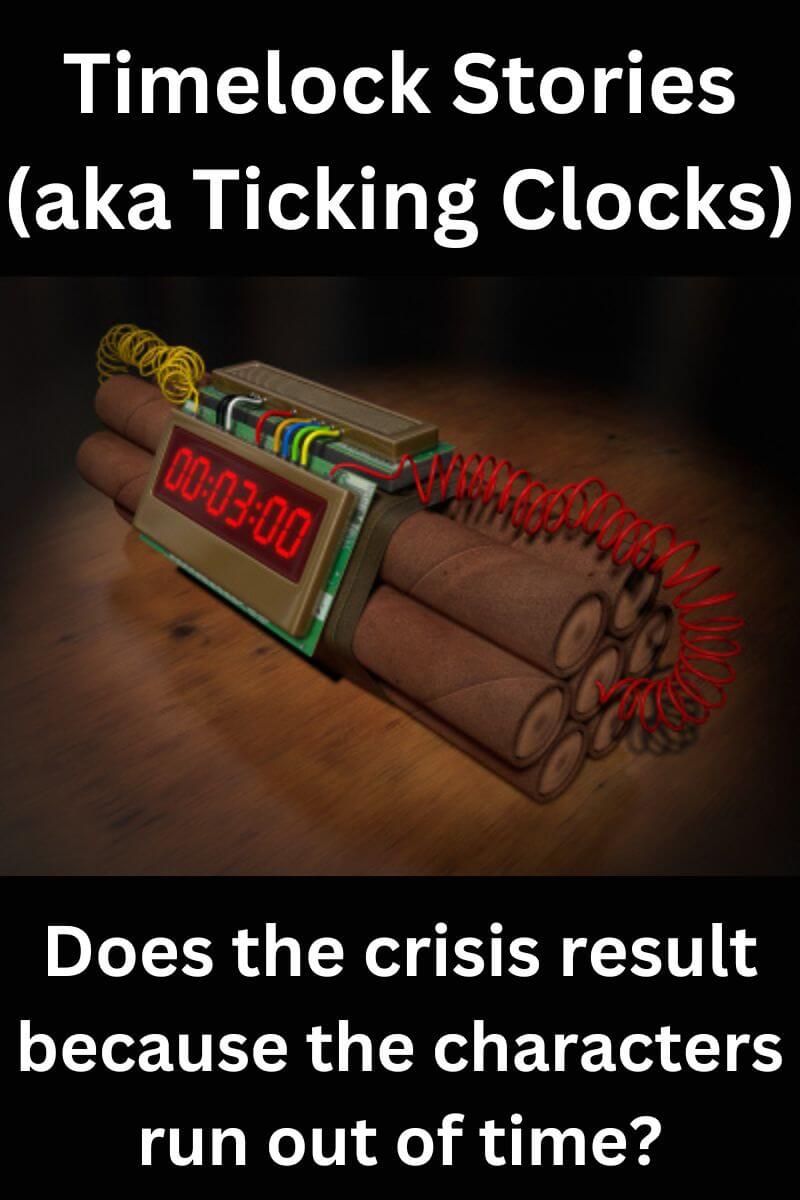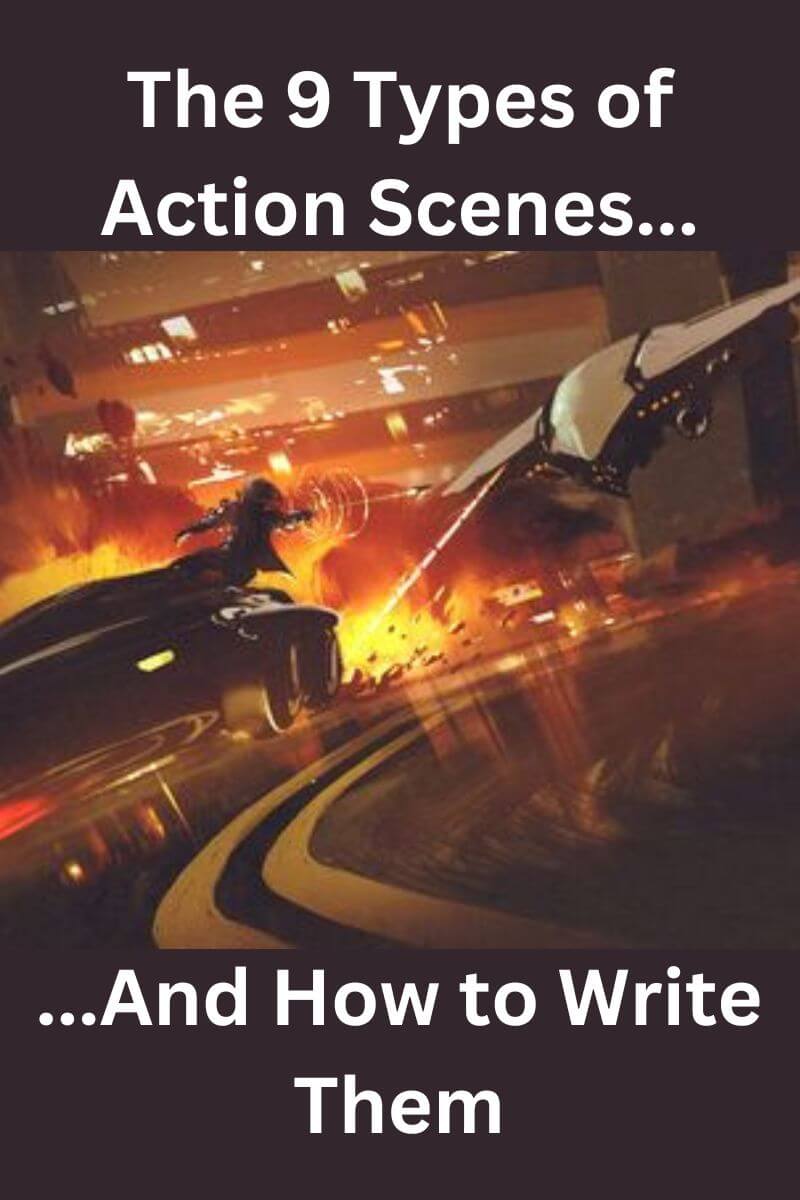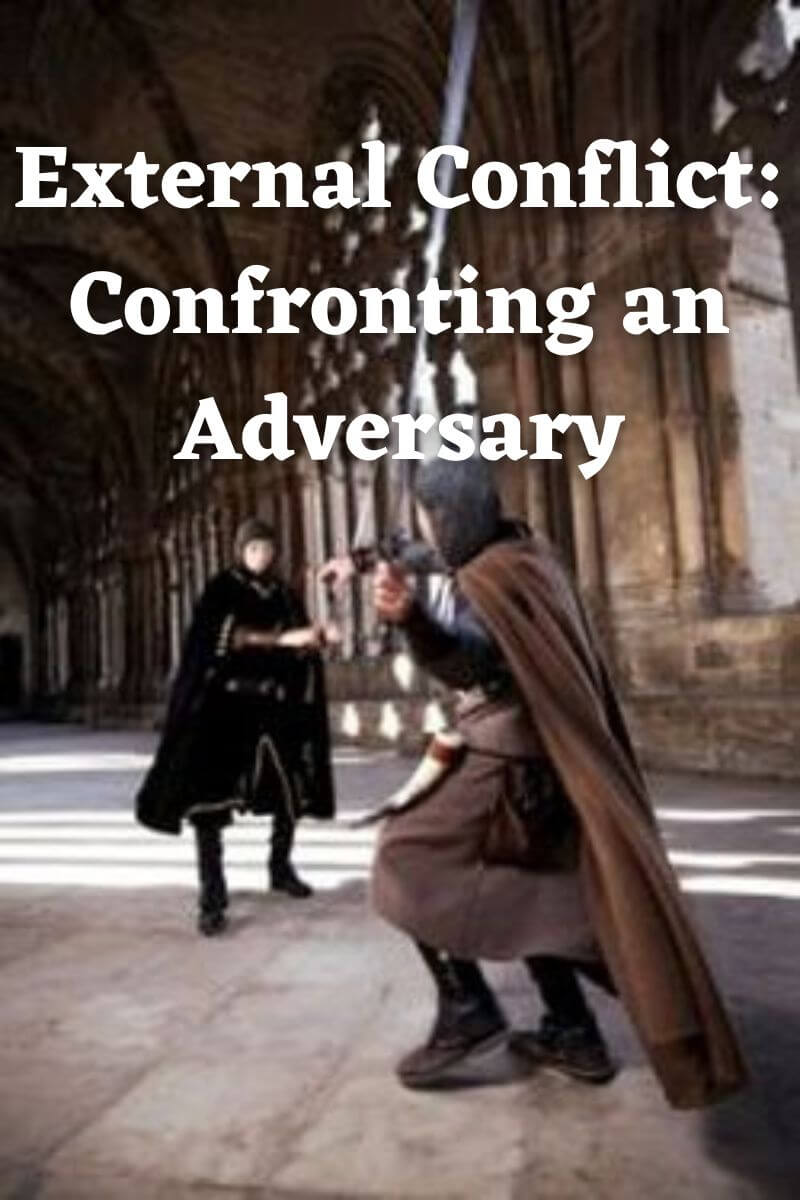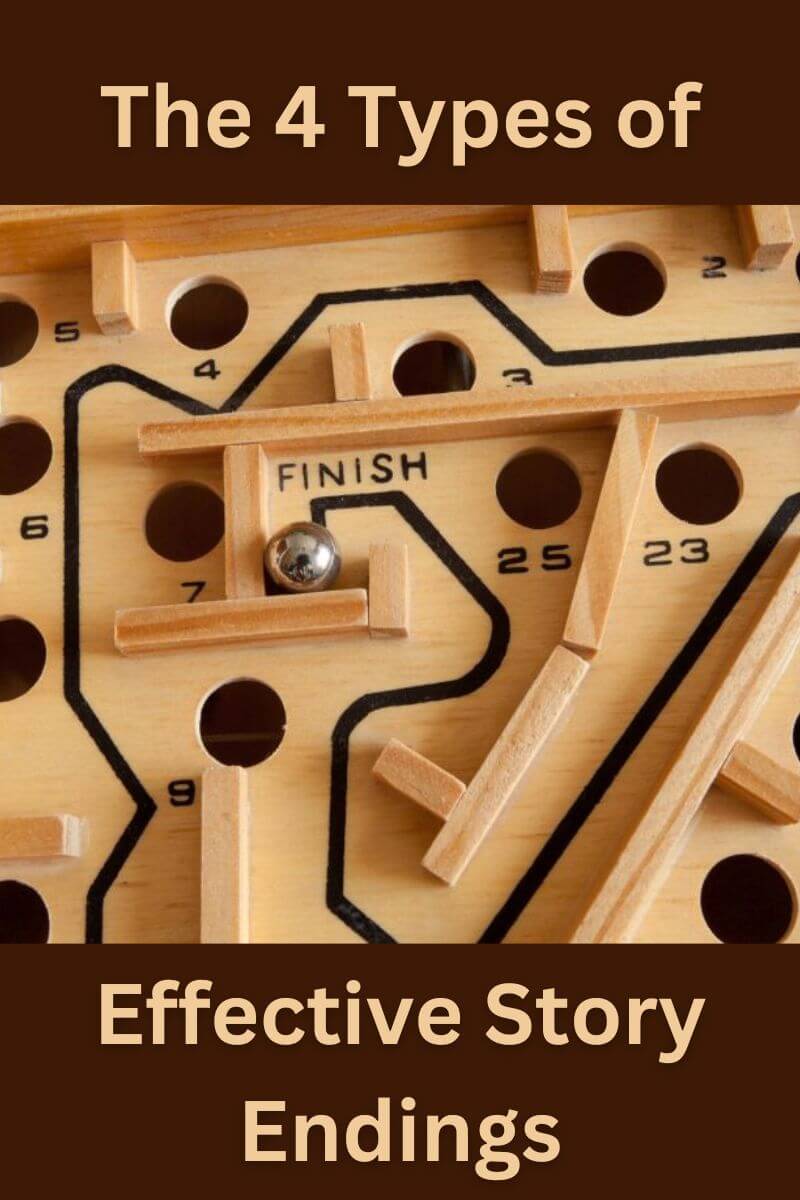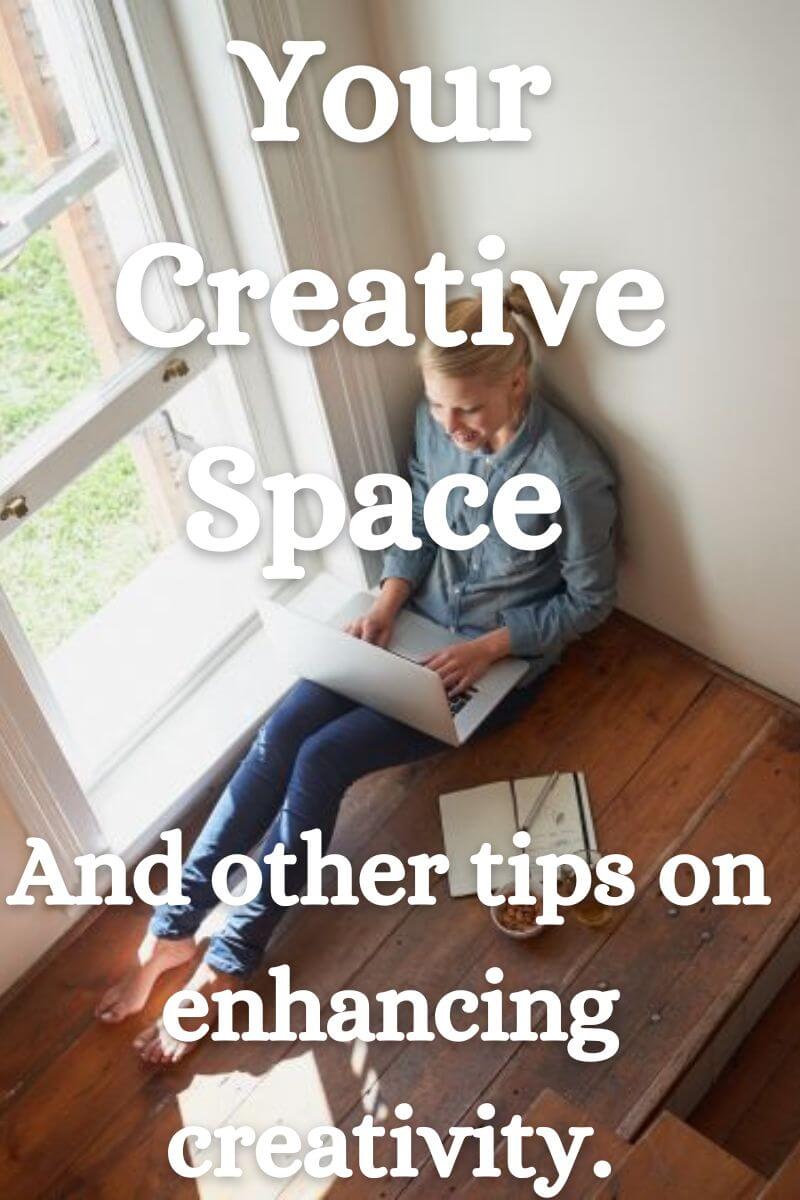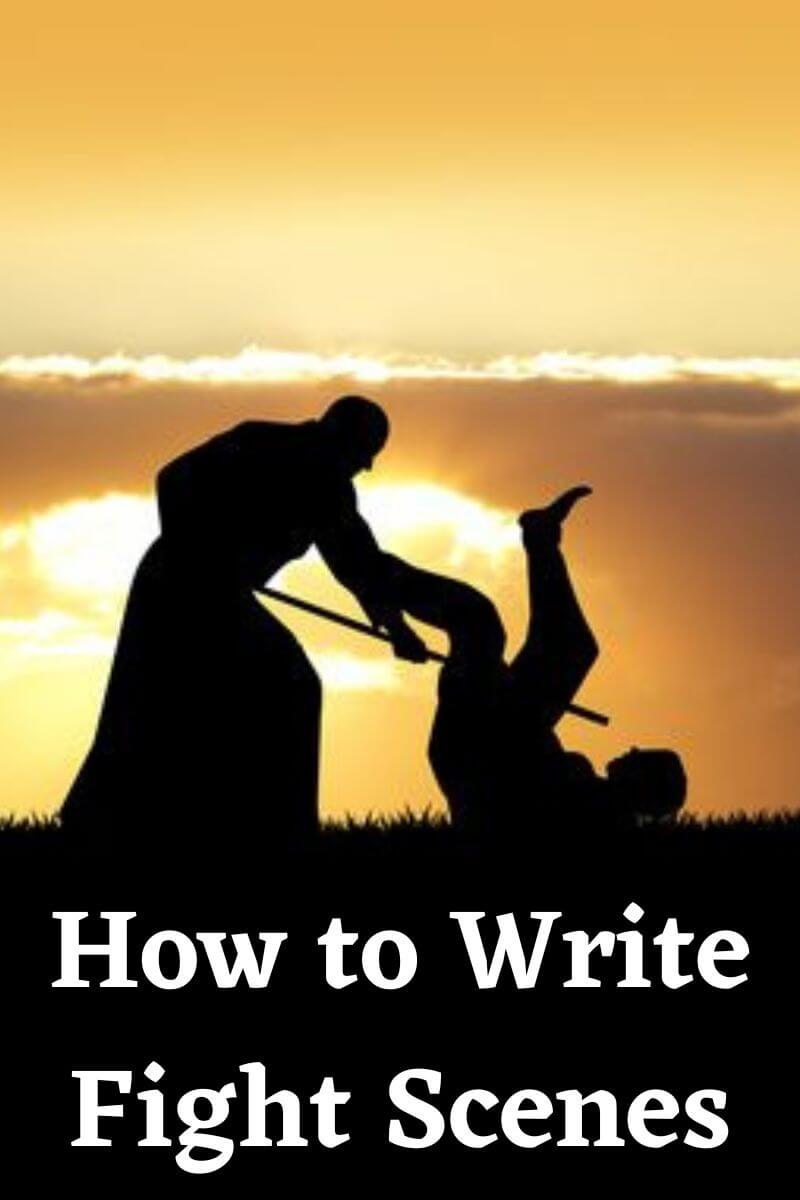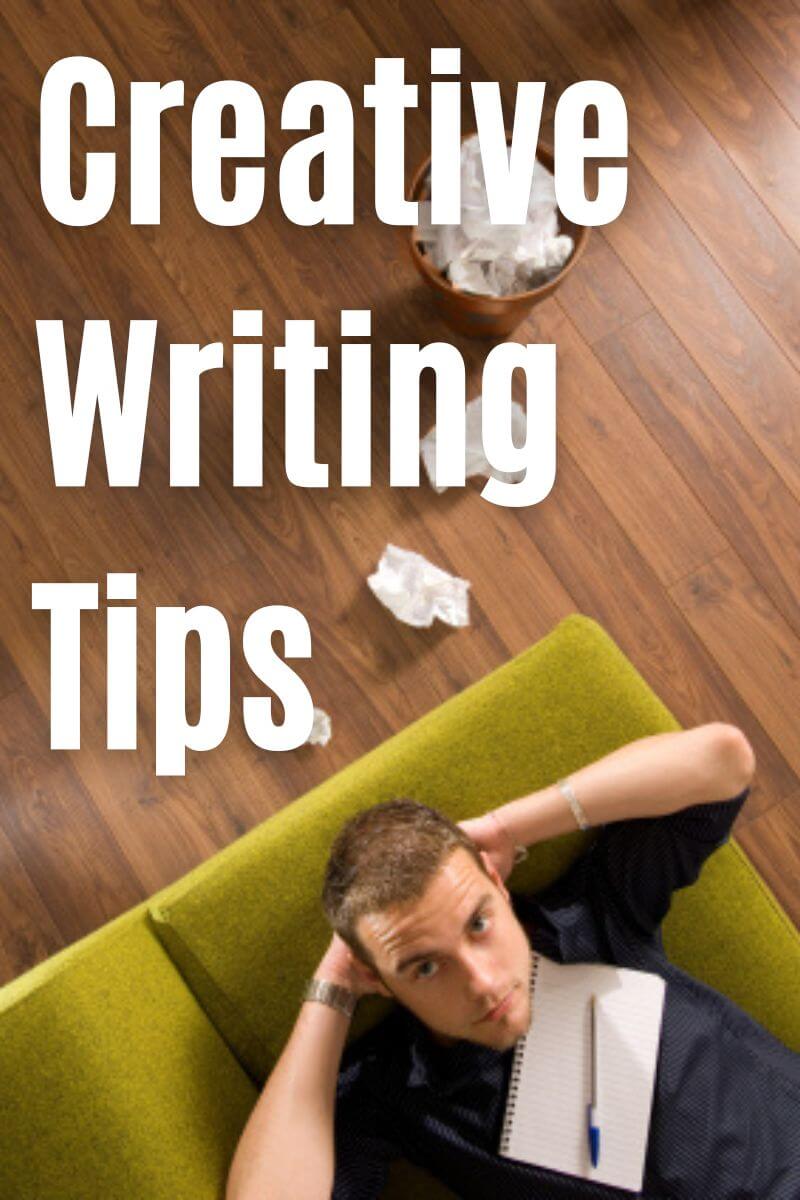How to Become a Writer: Where to Start
By Glen C. Strathy
If want to learn how to become a writer, but it feels like a big hill to climb and you're starting from the bottom, don't worry. You are not alone.
Writing, and especially fiction writing, can seem like a mysterious art, even to those who practice it. So if you're starting from nowhere, it may take some work to convince yourself you can do it. Yet, in all honesty, how to become a writer is not as great a challenge as it seems. To become a best-selling novelist or win the Booker Prize may be challenging. But almost anyone can learn how to become a writer, and even a published writer.
Recently, I received three emails from people, each of whom want to become a writer. They all expressed very typical concerns. Below is what they said and how I would answer them.
Incidentally, I don't pretend my advice on this subject is brilliant or original. There are no magic answers to these questions, only the same simple answers that have worked for most beginning writers.
How to become a writer when you're just a student...
Here's what the first person wrote in an email:
“I found the articles on this site educative and inspiring. I am hoping to be a writer too but am still in school. please advice me on what to do.”
I'm not sure whether this person is in high school or university. But it doesn't matter. Here's what to do if you are in a similar situation. Simply put, the best thing to do if you want to become a writer, regardless of your age, is to write regularly. Even if you write for just 10 minutes a day or one day a week. Even if you have to get up an hour before everyone else to get some quiet time.
The hard thing in the beginning is to make yourself devote time to writing. Yet writing is something you can only learn by doing – just like riding a bicycle or skiing. Some people have theorized that it takes 10,000 hours to master any skill. Writing is like that. And the more you write, the better you get at it—the greater your sense of how words should flow as they express thoughts, observations, and feelings. There are no shortcuts here. You just have to keep doing it until it becomes as natural as walking.
Remember too that a writer is simply someone who writes. If you are writing, you have already become a writer. The readership comes later.
The second thing that will help you become a writer is to read a lot. To some extent, it doesn't matter what you read – anything from comic books to popular magazines is more grist for the mill. However, it cannot hurt to delve into the classics. There is a reason the great poets and authors are revered. The more of their language you can get into your head, the better.
When you feel ready and have a small body of work you feel good about, seek out other writers who can help you. Share your work and get their comments. If all they do is criticize and tear your work to shreds, don't give up. Take their advice to heart and try to do better. Eventually you will get more compliments than criticism.
Once you reach the stage where you are getting positive feedback, look for places where you can publish. Maybe you start with a blog or a student newspaper. Today there are many more places online than ever before where you can publish your words. Eventually, you may find people who will pay you.
Stuck at the Idea Stage
This person is in the grip of an idea, but not sure what to do with it:
“i want to write a book and i have a title but don't have any clue at all about how to get started. i need some advice badly.”
The person didn't say if they want to become a writer of fiction or nonfiction. A title isn't much to go on either, but if it's an idea that won't let go, it is a good starting point.
If you're at this stage, I suggest you try to flesh out that idea. Play the part of an objective observer and start asking yourself questions about the title. Any questions will do. Invent answers that feel right.
After doing this for a while, you should have a better idea what this book will be about. At that point, I recommend you make some kind of an outline. If this will be fiction, perhaps start with the 8 Elements of Plot. If the book is to be nonfiction, perhaps start with this article on writing nonfiction. Then try to come up with a one paragraph summary of your topic and the core message of the book. Decide who will be your audience. You want to tell them something they will be glad to know. Then decide on the arguments, evidence, ideas, information, etc. you need to prove your thesis. Those may become chapters. Doing some research on your topic will give you more ideas.
Once you have an outline you are happy with, you just have to start writing. Maybe the first draft won't be any good. That's all right. Just keep writing until you have a complete draft. Then go back and revise, rewrite, add new chapters, cut ones that don't work, etc. Share your words and ideas with other people and get their feedback. Maybe it will take you ten drafts to get it right. That's okay. It's a learning process.
When you work on your second book, you will have an easier time because you already know what has to be done and that you can do it.
Mini-Course
Never be stuck for a great story idea again! This online mini-course will show you how to create simple ideas for original characters and build a plot around each character that contains the essential elements needed for a compelling story.
Child Writers
The third email came from a professed child:
“hiya, I'm 11 yrs old and I really want to write a novel, even if I do get it finished, do you think that the publisher will except me as I don't want to do self publishing.”
Sometimes our most profound dreams and ambitions come to us at 11 years of age, before adolescence overshadows them. I myself first wanted to become a writer when I was 11. I taught myself to type on my father's old manual typewriter and spent many evenings churning out science fiction short stories. It was a much more rewarding activity than many others I could have pursued at that time.
My advice to any young person who is wondering how to become a writer is that, if possible, you should follow that dream. Even if you never become a professional writer, you will become a better writer. And writing is a skill that is more valuable than most people realize, no matter what your profession.
It's also important to remember that getting published isn't everything and that writing a novel can be a fun activity even if it never gets published. Artists often make hundreds of drawings and paintings before they sell one. Great actors often start in amateur theatre. Similarly, writers often have to write several “practice novels” or short stories in order to develop their skills.
Besides, some people have published books at a young age, so who can say what will happen? Whether a book gets published depends on many factors, including the quality of the writing, the subject matter, the publisher's preferences, what's popular at the time, etc. Luck plays a big role too.
So if your dream is to become a writer, start by writing for your own enjoyment. Later on, you can look for a readership.
Also, you and your parents should check out the Young Writers Program at NaNoWriMo. It's an annual fun challenge in which you try to write a novel in 30 days. You decide what length of novel to go for. They have a great workbook full of helpful advice on planning. You can challenge your friends to see who can write the most words before the contest is over.
You don't have to show anyone what you've written unless you want to, so no one will criticize your novel. It's all about quantity, not quality, and having fun.
And the best part is that you will become a writer over the course of the month.
So grab the pen. The empty page is waiting. You have nothing to lose, and much to gain...
- Home
- Where to Start
